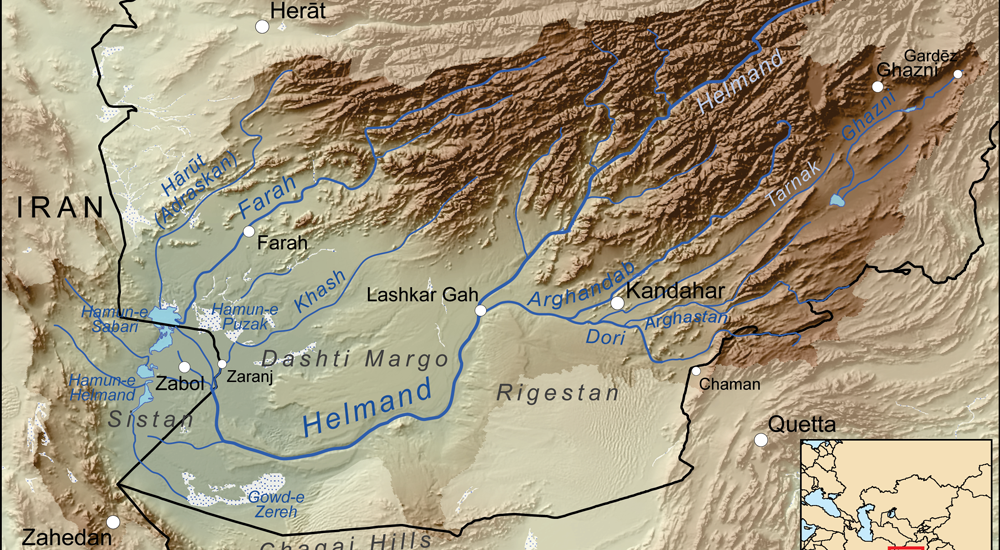Iranian-Taliban feud over water resources exacerbates regional destabilisation
- August 14, 2023
- Posted by: Elaine Coles
- Category: Water Issues, Asia, Europe

Contention surrounding water resources from the Helmand River is an enduring source of volatility between Afghanistan and Iran – and the issue is continuing to cause regional destabilisation.
Last week a number of news organisations, including Bloomberg and Time magazine, issued reports alleging the Taliban is preparing troops of suicide bombers for the fight over water resources. A separate report by the Washington Post on 18 July described Iran’s water shortages as “a long-standing problem” which have become more severe as climate change accelerates.
Climate change has exacerbated the precariousness of water resources in the region, with local media reports suggesting the region is on the cusp of a humanitarian disaster.
The accusation has come out amidst claims that the Afghan population is also suffering from water scarcity and malnutrition.
Contention over water resources reached a climax in May 2023 when Tehran accused the Taliban of violating the 1973 Afghan-Iranian Helmand-River Water Treaty, prohibiting Iranians’ usage of their rightful water supply.
The Taliban’s official response to the accusation was the release of a video of prominent Taliban figure, General Mubeen Khan, collecting water from the river and mockingly offering it to Iranian president Ebrahim Raisi.
The response has led to ongoing transboundary water disputes and further regional destabilisation – since the beginning of August the festering dispute has escalated further.
The Helmand River stretches over half the length of Afghanistan before flowing through Iranian territory and emptying into the Hamun Lake on the border of the two regions. There is a single transboundary treaty formally allocating the river’s water supply.
The 1973 Afghan Iranian Helmand-River Water Treaty permits Iranians the right to use 22 cubic metres of water per second, allowing a potential additional four cubic metres. The treaty, however, was never ratified and is thus non-binding.
The Iranian-Afghanistan water dispute is escalating quickly, and there appears no sign of détente between the two regions.
